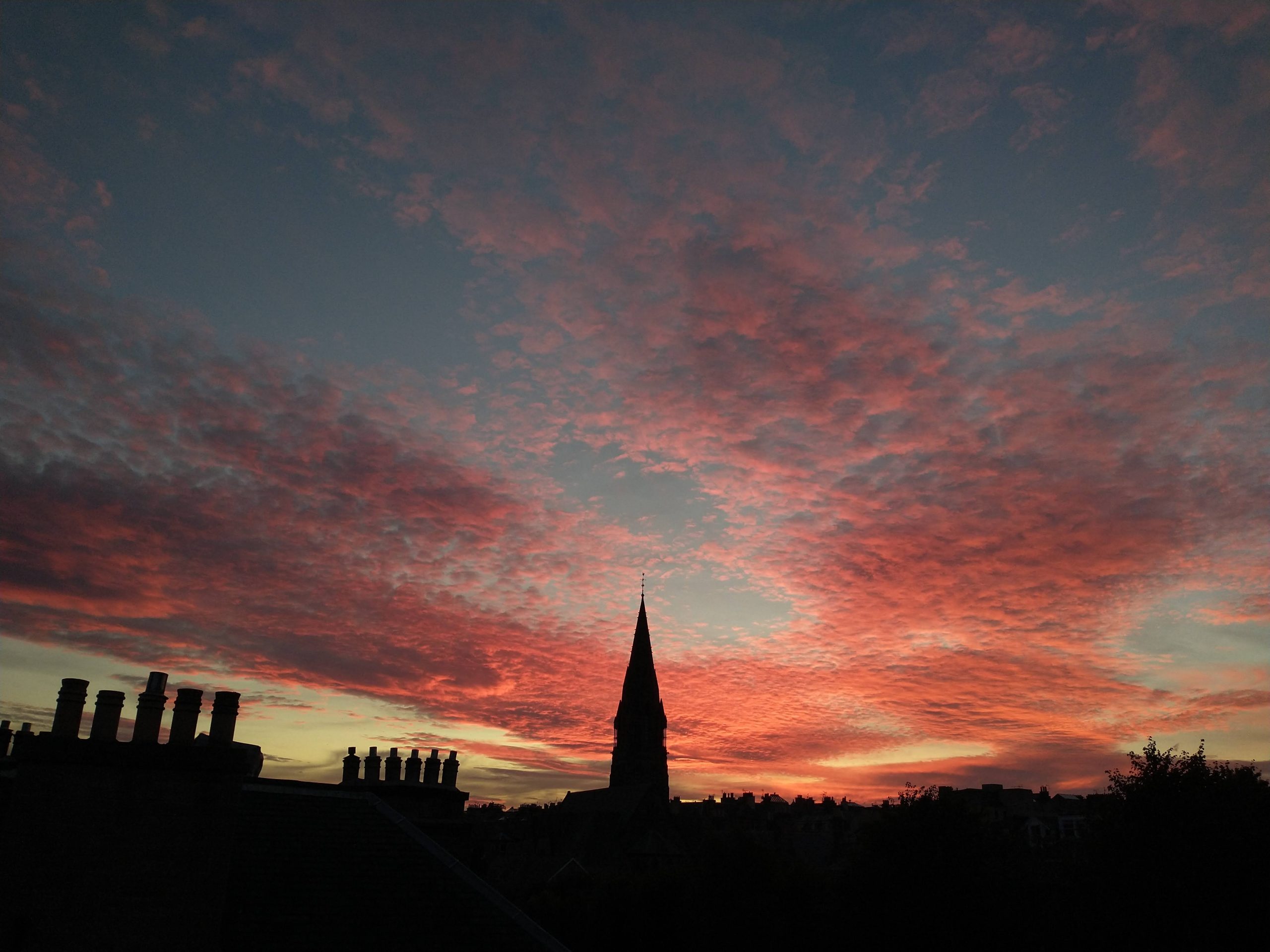 I often tweet about music and related matters. Usually the response is small – I’m thrilled if my tweets reach a couple of hundred people. So my experience yesterday was exceptional.
I often tweet about music and related matters. Usually the response is small – I’m thrilled if my tweets reach a couple of hundred people. So my experience yesterday was exceptional.
I was watching The Queen’s funeral which, as you’ll know, had a variety of music in it – pipe bands, regimental bands, organ music, trumpeters, sacred choral music, hymn singing by the whole congregation, a lone piper, and two newly-composed choral pieces by Judith Weir and James MacMillan. As usual, the power of music was striking.
On the day before, I heard John Rutter say on the radio that for many people now, such grand occasions are the only time they encounter the great tradition of sacred choral music. It’s true. The first time I heard such music on a regular basis was when I was a student, lucky to be at a college with a choir whose mastery of this repertoire was famous. I could have heard it sung live in the chapel almost every day, except that I didn’t, because I ‘had other things to do’. One of my tutors advised me to go as often as I could because I’d never again have the chance to hear this ancient music being sung ‘live’ with such expertise. He was right.
Great traditions of music have become remote from many of us as music has been de-prioritised in school education. Music is not one of the favoured STEM subjects – Science, Technology, Engineering and Mathematics. It isn’t considered a route to a proper job. Never mind that so many of us turned to music and other arts for sustenance during lockdown; there is no link between the arts and earning power. A few musicians may indeed ‘make it big’, but the recipe has never been dependable.
When I hear complex music – instrumental or vocal, sacred or secular – beautifully performed, it strikes me that we need a steady supply of skilled musicians if such music is to remain performable in the future. And that means training. It means skilled teachers. It means immersion in music and styles of performance. Individual practice has to start in childhood in order for adult skill to be firmly based. But does it start in childhood? Less and less.
Yesterday I tweeted, ‘No-one watching the Queen’s funeral can fail to have been moved by the power of music and the skill of the performers and composers. Can we now please stop treating music as an optional extra in UK education?’
To my surprise the ‘likes’ started ticking up instantly, and as I write there have been 4,408 ‘likes’ and 798 retweets. For me this has been an exciting experience. I can only assume that my comment has struck a chord with many who would like musical training to be part of the core curriculum.




Thank you for stirring things up and getting this amazing response! Very often, I’m saddened these days to come across the children of parents, who’ve reached an almost profession standard in one or two classical instruments, who rarely get to hear classical music in their homes. I’m told, “Oh, we don’t want to force them to listen to it.” But if they never hear any, how do you know that they won’t like it? Most professional musicians that I know like all sorts of styles. I remember once working for several years with a teenage string quartet, who kept telling me that they didn’t like classical music. They would follow this up with, “Can we play that lovely Vivaldi?” or “Let’s do that fun Haydn fast movement”. I didn’t make the obvious comments at the time…worried it might make them stop! I hoped that one day the penny would drop. I’m now cross with myself for being cowardly.
Hi! I was so moved by this blog post that I shared it with my students. I wanted you to also know that your book, 100 Pieces, is the textbook for my Piano Literature course this semester here in Florida at Jacksonville University! All the best to you!